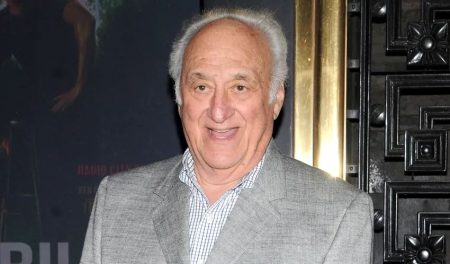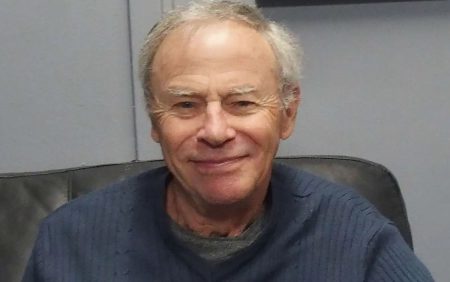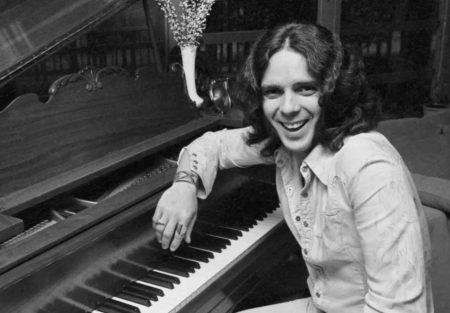In the 2025 Tony Awards, Cole Escola received one of theater’s highest honors: Best Leading Actor in a Play for their unforgettable portrayal of Mary Todd Lincoln in the unconventional and darkly comic production Oh, Mary!. With this award, Escola not only cemented their place in the contemporary theater landscape but also challenged conventional norms about who gets to lead major theatrical productions—and how.
This moment marked a unique intersection of comedy, queer artistry, and historical reinterpretation, all embodied in a single performance. For many who had followed Escola’s career over the past decade, this recognition felt both surprising and inevitable.
From Online Comedy to the Tony Stage
Cole Escola’s journey to Broadway began far from the red carpets and formal stages of New York theater. Born in Clatskanie, Oregon, Escola began developing a flair for performance at a young age. Their early work was grounded in online sketch comedy—most notably the cult-favorite series Jeffery & Cole Casserole, which aired on Logo TV in the late 2000s. These sketches blended absurdist humor with queer sensibilities, drawing from the aesthetics of old television, variety shows, and awkward public access programming.
Escola’s comedic instincts have always leaned toward the surreal and character-driven. Over time, they honed a signature style marked by exaggerated vocal affectations, stylized physicality, and an uncanny ability to find pathos within caricature. These qualities would become central to their later theatrical performances.
Outside of self-created content, Escola built a resume that included scene-stealing roles in shows like Difficult People, Search Party, At Home with Amy Sedaris, and Mozart in the Jungle. While rarely the headline name, Escola consistently left strong impressions—playing quirky, often unhinged supporting characters that hinted at deeper emotional cores beneath the laughs.
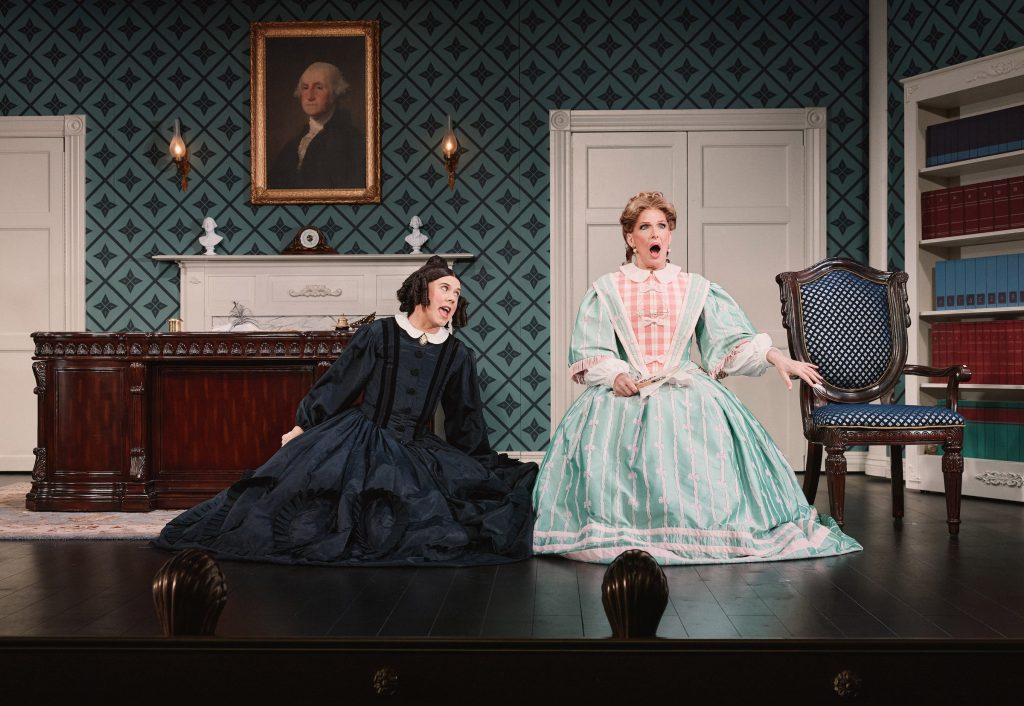
Oh, Mary! – A Theatrical Experiment That Resonated
In 2024, Cole Escola wrote and starred in Oh, Mary!, a bold theatrical imagining of Mary Todd Lincoln set in the days before her husband’s assassination. Rather than adhere to historical accuracy or traditional dramatic form, the play presented Mary as emotionally volatile, narcissistic, and trapped in a haze of existential dissatisfaction. The tone was unapologetically absurd, mixing anachronistic references, bizarre humor, and moments of unexpected poignancy.
Oh, Mary! debuted off-Broadway at the Lucille Lortel Theatre and quickly attracted attention for its daring and originality. Critics praised it as “an unclassifiable triumph” (The New York Times) and “a fearless portrayal of historical despair with a distinctly modern comedic edge” (TheaterMania). Audiences were divided—but engaged. Some found the show confounding, others brilliant. What few could deny was that Escola’s performance was unlike anything else in recent memory.
As the title character, Escola leaned into the contradictions of Mary Todd Lincoln—recasting her not as a tragic widow or noble First Lady, but as a chaotic, emotionally spiraling woman suffocated by her place in history. It was a performance both satirical and sincere, balancing wild exaggeration with flickers of vulnerability that felt painfully human.
Breaking Conventions: Gender, Genre, and the Limits of Theater
Escola’s portrayal of Mary Todd Lincoln stood out not only for its content, but for its transgressive form. As a gender nonconforming actor playing a historical female figure in a leading role they wrote themselves, Escola challenged several deeply rooted traditions of American theater.
Historically, roles like Mary Todd Lincoln are reserved for dramatic actresses—often played with a reverent, restrained solemnity. Escola’s interpretation was the opposite: loud, unpredictable, often deeply silly, yet carrying moments of genuine existential weight. The result was a performance that refused easy categorization—blending elements of drag, clowning, cabaret, and traditional drama.
Rather than relying on spectacle or shock value, Escola’s performance encouraged audiences to question why we assign certain emotional behaviors, aesthetics, or even theatrical roles to particular genders. They didn’t play Mary Todd Lincoln as a parody of femininity, but as a complex character collapsing under the weight of her public role and private chaos.
This made Oh, Mary! a landmark not just for Escola personally, but for a broader movement in the performing arts—one that seeks to create space for stories and performers who do not conform to traditional binaries, structures, or narratives.
The Tony Award and Its Cultural Significance
At the 2025 Tony Awards, Escola’s win came as a surprise to some observers, especially given the competition from more traditional dramatic roles. Yet for many in the theater world, it was a moment of overdue recognition—not just of Escola’s talent, but of the value of risk-taking in live performance.
The award also signaled a growing openness among mainstream institutions to performances that deviate from classical expectations. Escola’s win followed recent years in which the Tonys had recognized experimental works, including immersive theater and plays written by first-time playwrights from underrepresented backgrounds.
In their acceptance speech, Escola struck a reflective tone. “When I wrote Oh, Mary!, I didn’t think it would be for anyone but myself and a few friends who like strange things,” they said. “I’m honored, and I’m still a little confused that I’m here. But I’m grateful that weirdness can live on a Broadway stage.”
Their words resonated with younger performers and writers who saw in Escola’s path a model for artistic authenticity unconstrained by industry expectations.
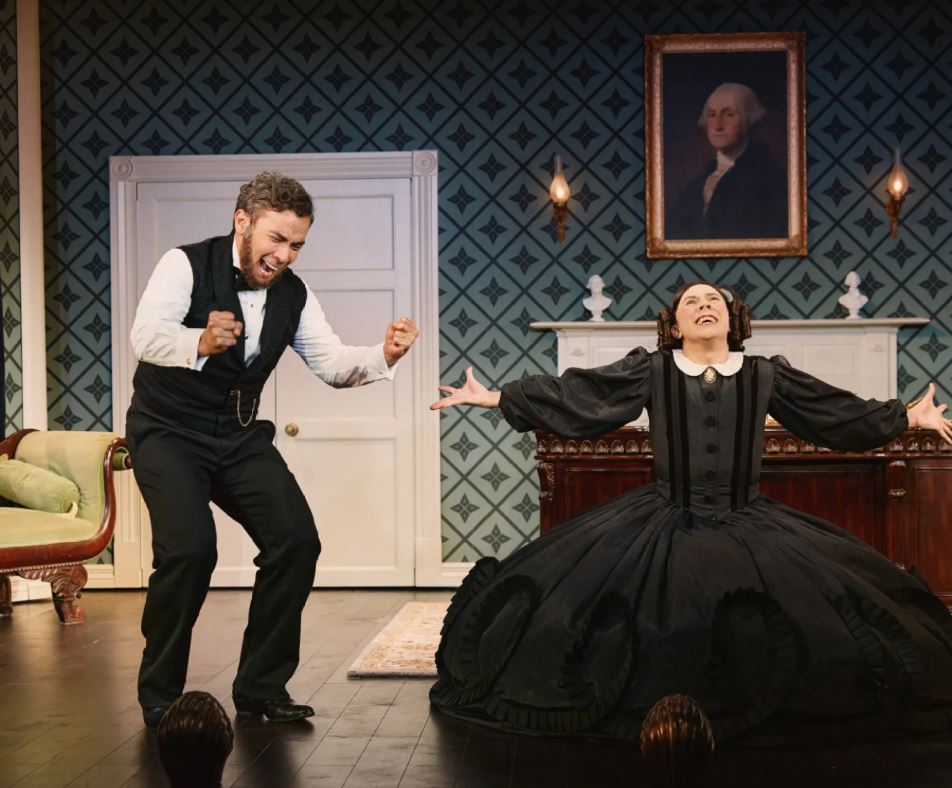
The Evolution of Cole Escola’s Artistry
While Oh, Mary! is currently the crown jewel of Escola’s career, it’s also the result of years spent refining their craft outside of mainstream spotlight. From intimate cabaret performances in small venues to self-funded video projects on YouTube, Escola has always prioritized creative freedom over careerist ambition.
This approach has earned them a devoted fan base, particularly among queer audiences and lovers of offbeat comedy. Many followers of Escola’s work note that their comedy often carries undercurrents of sadness or alienation—qualities that found deeper expression in Oh, Mary!.
It’s likely that Escola will continue to move between formats. In interviews, they’ve expressed interest in returning to television, exploring film, and writing more original stage plays. Whatever the medium, Escola’s work seems committed to challenging expectations—about history, performance, and identity.
Legacy and What Comes Next
It may be too early to speak of legacy, but Escola’s impact is already clear. Oh, Mary! is being studied in theater programs, cited in discussions about gender in performance, and frequently referenced in think pieces about the evolution of satire on stage.
Perhaps more importantly, Escola has become a role model for artists who don’t see themselves represented in traditional casting calls or writing workshops. Their success underscores the idea that it is possible to build a meaningful and critically acclaimed career outside of conventional pathways.
As of mid-2025, there is talk of a national tour of Oh, Mary!, and a filmed version of the play is reportedly in early development. Escola has also hinted at a new project—another play, possibly set in an alternate version of 1960s Hollywood, though details remain sparse.
Final Thoughts
Cole Escola’s rise to the Broadway spotlight is both singular and symbolic. It reflects not just individual talent, but a shift in what audiences and institutions are willing to embrace. In portraying Mary Todd Lincoln through their unique comedic lens, Escola offered a new way of understanding a historical figure—and, perhaps, a new way of thinking about theater itself.
Rather than adhering to expected norms, Escola trusted their voice, their instincts, and their understanding of absurdity. The result was a play that made people laugh, feel uncomfortable, reflect, and remember.
For those who’ve long known the richness of Escola’s work, the Tony win is not the culmination—it’s just the moment when the rest of the world finally caught up.

